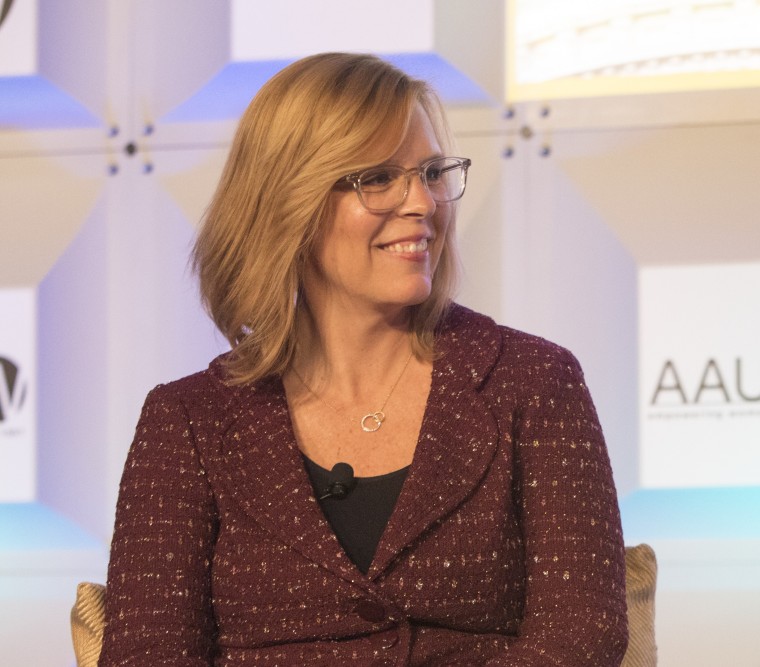It’s not enough to merely know your value to advance in your career. You must also be able to show value. Yet recent research shows that seven in 10 women would rather minimize their successes than share them with others.
Even the words “self-promotion” make many women uncomfortable, and it’s easy to see why. From a young age, women have been conditioned to be “good girls” who keep their heads down, finish their work on time and pay attention to detail.
But the same silent work ethic that won us A’s in school won’t get us to the C-suite at work. To be recognized as leaders, we need to sing like a canary, not hide in the bushes.
Yes, I know, that’s a lot easier said than done: Over the years, I’ve fretted over how to showcase my skills without being viewed as too aggressive, confident or ambitious— “for a woman.”
Because the truth is that, in the workplace, women are held to different standards than their male colleagues. A guy who touts his achievements is considered “accomplished,” while a woman who does the same is viewed as “boastful.”

Is it fair? Of course not! But don’t let it stop you from showing the world all the value you bring to it. Here are three tips that have worked for me:
Include “me” in “we”
Throughout my career, I’ve often replaced the “I” with a “we” when talking talk about my strengths and accomplishments in the context of a broader team. I’m claiming the credit—but sharing it as well, and that feels a little less boastful.
But that doesn’t mean you should downplay your individual role in success. In our zeal to be collaborative, we can sometimes forget to precisely explain who did what. The beauty of being specific is that your own contribution becomes clearer and more credible to others. You’re not bragging so much as telling it like it is. Just the facts.
One of the things I most admired about the U.S. Women’s National Soccer Team (USWNT) following their World Cup victory was witnessing how effectively they celebrated an awesome team effort while still recognizing the contributions of star players. Because everyone lifted each other up, no one blinked an eye when Megan Rapinoe hoisted her trophy and unapologetically declared, “I deserve this!”
Be the first to raise your hand.
Say yes to work projects that will raise your visibility, and I don’t mean planning the annual holiday party. I’m talking about activities inside and outside of the office that highlight what you can do and help create some buzz around your skills. Self-promotion is also about building reputation, and so much of building a reputation is about inserting yourself into the proverbial “room where it happens.”
If you aspire to lead but don’t have a clear opportunity at work, take on volunteer leadership positions in non-profits, run for board seats or even a local elected office. And make sure to highlight those roles on your resume and LinkedIn profile, and then mention them in interviews in the context of the leadership skills you’ve gained.
Show up online
The Internet offers a great platform for both showing and telling others what you bring to the table. And women need to take more advantage: Research from LinkedIn shows that men write longer LinkedIn summaries than women, and men skew their professional brands to highlight more senior-level experience. Women include 11 percent less skills than men on their LinkedIn profiles, even at similar occupations and experience levels.
That’s why it’s key to create a prolific and action-oriented LinkedIn profile. Push yourself to say a little more about yourself than may feel comfortable at first. Use the “article” function of LinkedIn to share your thought leadership within your network, or write for a personal blog or for industry publications and websites. It’s all about putting yourself out there.
Because as Megan Rapinoe and the USWNT will attest, you can’t win the game if you spend all your time on the sidelines.
Kim Churches is the CEO of the American Association of University Women, a national non-partisan nonprofit that works to advance gender equity for women and girls through research, education and advocacy.
